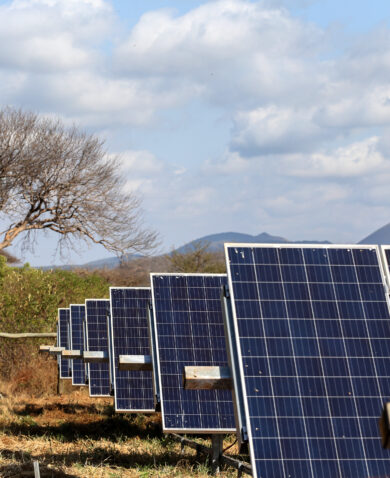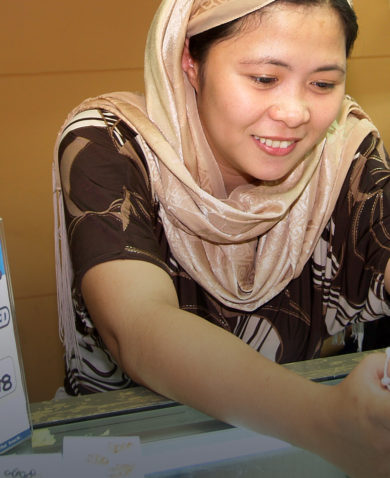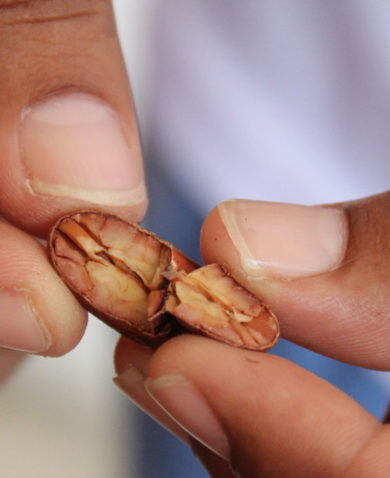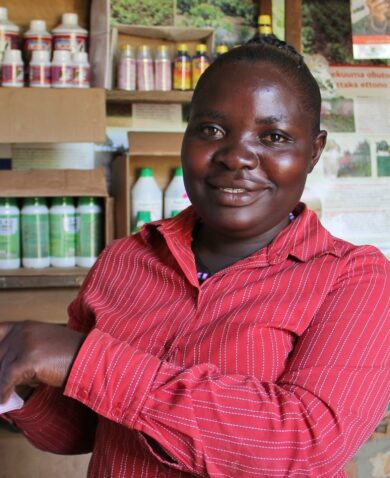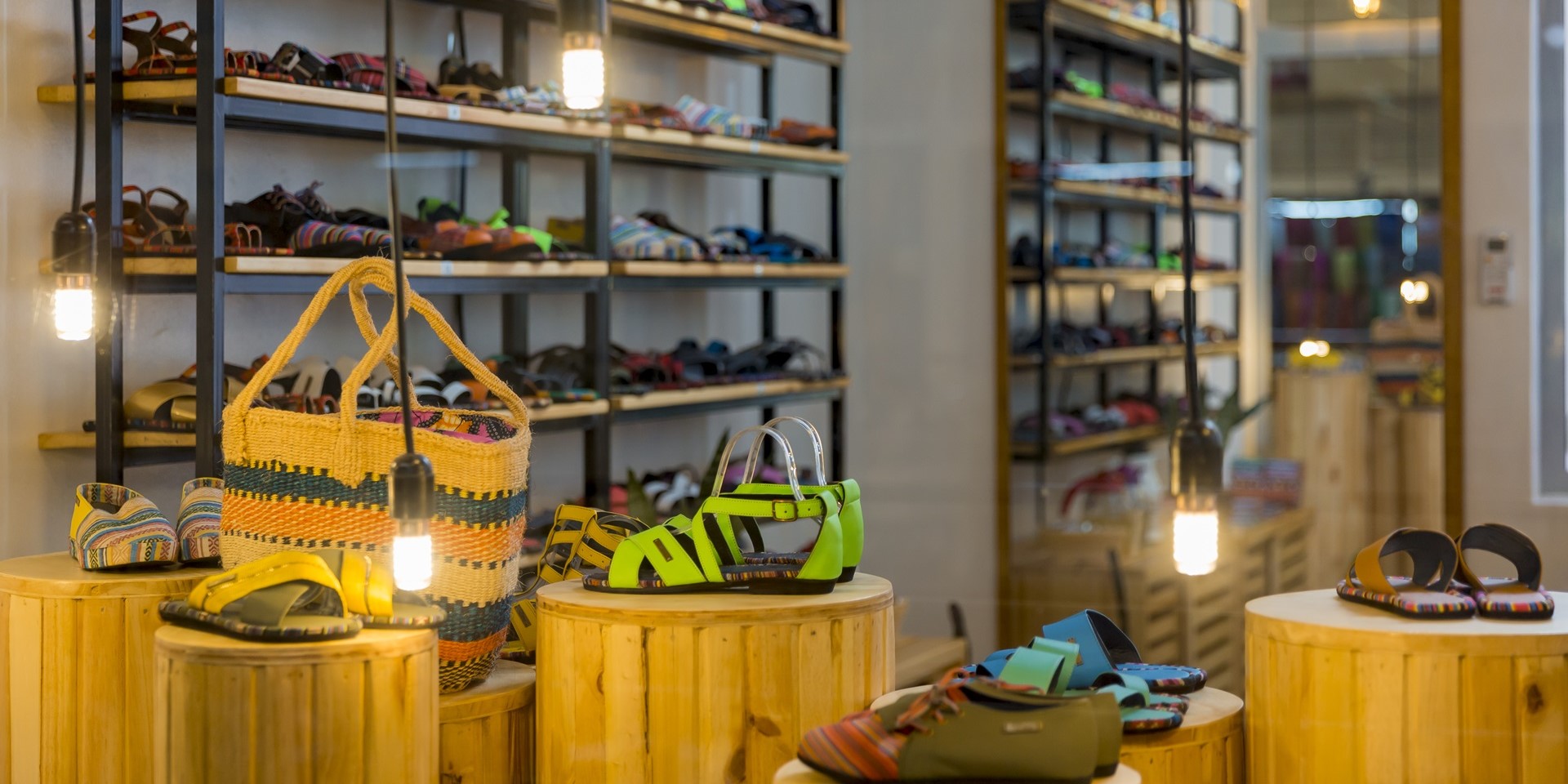
Rethinking Risk to Catalyze Funding for Women-Led MSMEs
November 20, 2024 | 5 Minute ReadWomen-led micro, small, and medium enterprises have a crucial role to play in the global economy, but innovative solutions are necessary to help them overcome the challenges they face.
Women-led micro, small, and medium enterprises (MSMEs), which represent nearly 30% of MSMEs worldwide, are powerful engines of global growth, income generation, and economic resilience. Despite their significant contributions, women-led MSMEs face an increasing finance gap, currently estimated at $1.7 trillion. Gender-specific financing challenges include stringent collateral and credit history requirements, as well as a perception of higher risk relative to male-led ventures. Given women-led MSMEs’ role in the global economy, it is critical to both continue to close the systemic gender gap in traditional finance and support cutting-edge financial solutions that directly address the challenges facing women-led MSMEs. Below, we highlight three innovations Chemonics and its partners have piloted to spark funding for the growth and expansion of women-led MSMEs and offer ideas on how the principles underpinning these innovations could translate to traditional financial institutions’ offerings.
Supporting an Innovative Crowdfunding Platform for Uncollateralized Loan Products

In Moldova, early-stage ventures and microenterprises that lack credit history and collateral face challenges to accessing traditional forms of finance. In this context, Floral Soul, a small, women-led Moldovan plant business, struggled to access the capital essential for hiring and training new employees, diversifying product lines, and accessing new markets. In response to these challenges, the USAID/UK/Sweden-funded Moldova Future Technologies Activity (FTA) worked with Fagura, an online peer-to-peer lending platform that provides uncollateralized loans to underserved borrowers, to provide financing to businesses like Floral Soul. Fagura links borrowers and investors through its innovative platform that utilizes a fully automated credit scoring system, enabling quick investment decisions while still ensuring due diligence is conducted. Following the award of a USAID grant to Fagura that launched it to market in 2019, FTA has continued to propel Fagura’s growth, including by helping it launch an SME Cashback Program designed to enhance microenterprise resilience. To date, Fagura has mobilized over 7.5 million euros from over 3,500 investors to over 2,400 individuals and businesses. Forty-two percent of all funding recipients are women-led MSMEs, including Floral Soul, which has since been able to expand its inventory, open new shops, and strengthen its engagement with the global diaspora.
Designing Fit for Purpose Working Capital to Meet Women Climate Entrepreneurs Where They Are
Uzuri K&Y is an innovative eco-footwear company in Rwanda turning discarded car tires into sustainable footwear. Led by women and empowering women throughout its value chain, Uzuri K&Y exemplifies the impact of inclusive, eco-conscious entrepreneurship. However, despite generating over $1 million in revenue, the company struggled to secure working capital from traditional financial institutions. This challenge is common amongst Sub-Saharan African women entrepreneurs and is compounded by the perception of mainstream finance providers (including banks and venture capital firms) that women-led ventures are higher risk, despite evidence of better on-time loan repayment rates. M-Kyala Ventures, a gender lens advisory firm, designed a working capital facility to meet the unique needs of African women-led businesses leading climate solutions. This was done with support from the Climate Gender Equity Fund (CGEF), a public-private partnership launched by USAID with the support of Amazon, and implemented by Chemonics. This working capital facility enabled M-Kyala Ventures to invest in a portfolio of women-led climate businesses and connect them with the capital they need to grow. For example, with M-Kyala’s support, Uzuri K&Y has been able to expand its operations into Nairobi, Kenya, further growing its business and environmental impact.
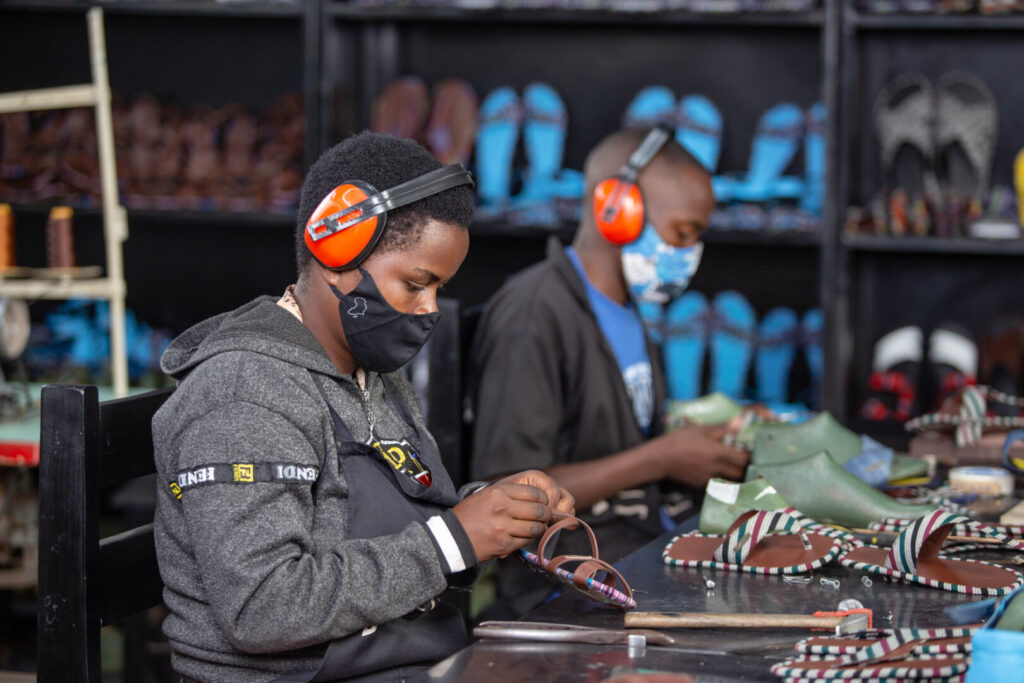
Reducing the Impact of High-Risk Perception through Subsidized Credit Lines
Buena Vista Vegan Club, a woman-owned business offering 100% plant-based foods, supplies major restaurants in parts of Colombia. After spending years abroad, owner Ingrid Valderrama’s credit history in Colombia was inactive, hindering her ability to apply for a loan with larger, established finance institutions. Through formal employment, Ingrid re-established her personal credit history and was able to secure a small loan from a microfinance institution, but it was at an unfavorably high interest rate due to the perceived risk.
The USAID Oportunidades sin Fronteras (OSF) project, implemented by Chemonics, collaborated with the Municipal Institute for Employment and Business Development of the Municipality of Bucaramanga (El Instituto Municipal de Empleo y Fomento Empresarial del Municipio de Bucaramanga), to foster financial inclusion by offering credit lines specifically designed for entrepreneurs without a credit history. As a result of these initiatives, Ingrid managed to repay her loan by accessing a subsidized credit line from the Mayor’s Office, where the municipality covered the interest, and she only had to repay the principal amount. She also received technical assistance from OSF on optimizing her business operations. Buena Vista Vegan Club now generates monthly sales of 10 million pesos (around $493,000 USD) and has established critical relationships with investors interested in exporting its products to new, high-value international markets.
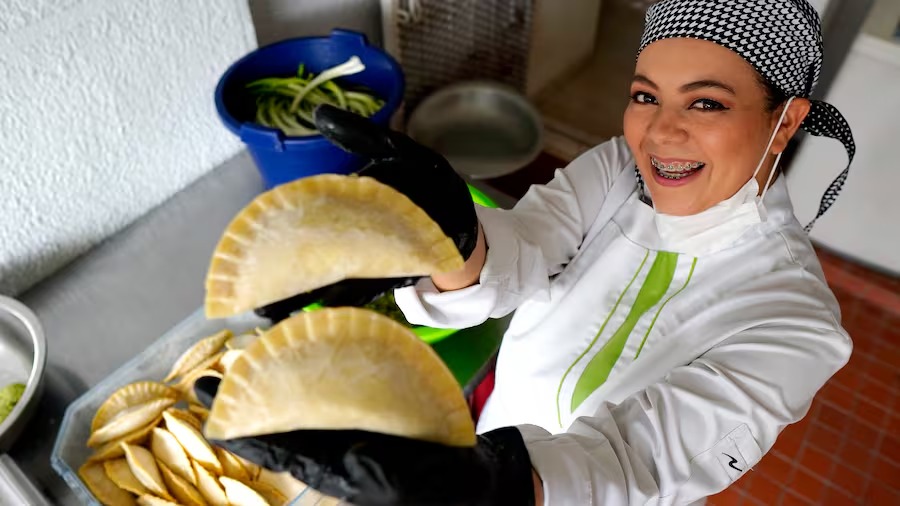
The Future of More Inclusive Financial Products
Despite significant contributions to global growth and innovation, women-led MSMEs’ ability to access finance is often hindered by limited definitions of collateral, risk, and credit worthiness. To shift the narrative that women-led MSMEs are inherently more risky ventures, financial products must be designed with characteristics that address the barriers experienced by women. The above cases provide both examples of how this could be approached through innovative financing interventions and spark ideas for how traditional finance institutions could adapt their current models to advance inclusion. For example, in addition to advancing innovative lending platforms, a system through which a female entrepreneur could collateralize a product already on the market could enable greater access to financing from institutions requiring such assets. Non-collateral-based financing for working capital, asset financing, and contract financing can use business financial performance metrics as a channel to drive more capital to women entrepreneurs. In addition to subsidizing credit lines to ensure timely loan repayment is possible, innovations such as digital products that provide financing based on cash flow activity through banks or mobile wallets can enable women entrepreneurs with smaller – but more frequent – incomes to access much-needed credit. Ultimately, by redefining financial products’ conditions to be more inclusive of the various ways businesses and business owners demonstrate their success and future potential, we can make greater strides towards closing the $1.7 trillion financing gap, with investors unlocking more lucrative returns and women entrepreneurs fostering more productive and sustainable businesses.
Banner image caption: Uzuri K&Y shoes displayed in a store in Kigali, Rwanda. Image courtesy of Uzuri K&Y.
Posts on the blog represent the views of the authors and do not necessarily represent the views of Chemonics.







